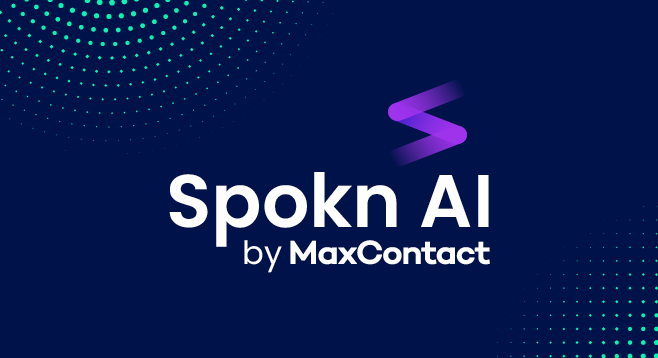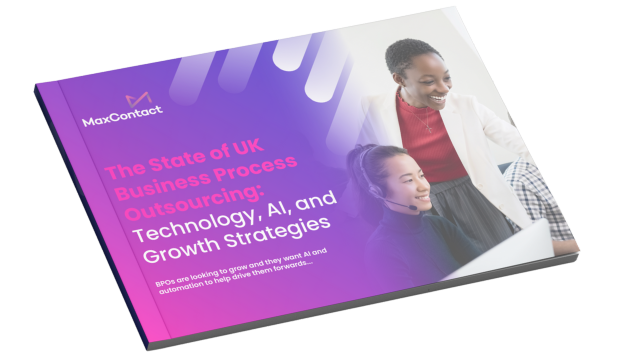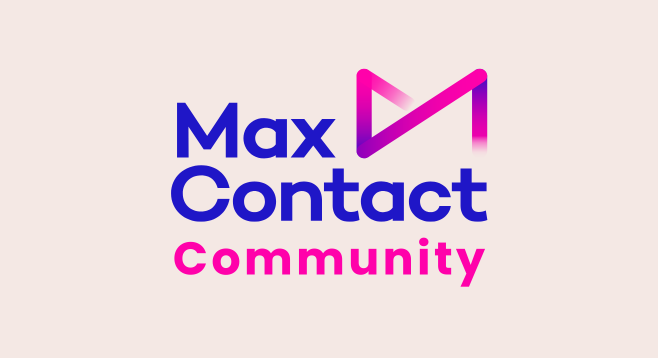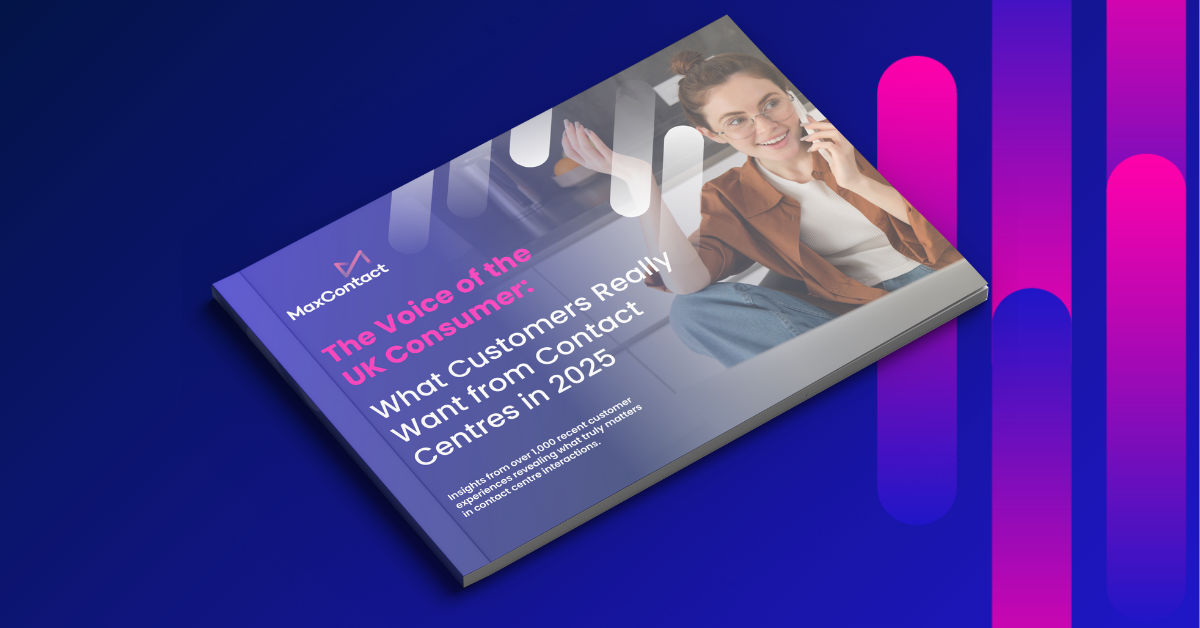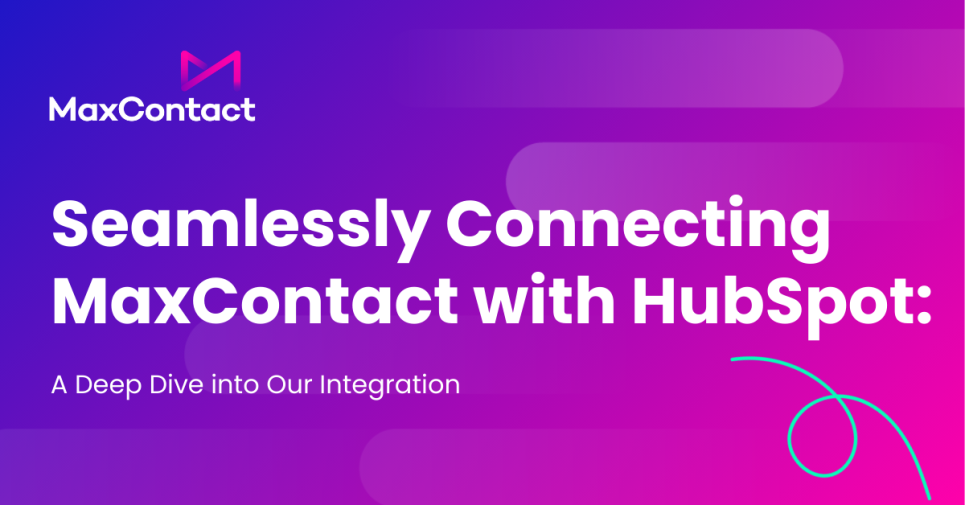Contents
After the events of the last few years, contact centre and IT leaders are looking at their contact centre technology and asking if it could be improved. The shift from onsite to more remote and hybrid working arrangements emphasised the advantages of cloud-based solutions in all sorts of areas, and contact centre software was no exception.
Cloud vs. on-premise contact centre software
You probably know the script by now. Cloud-based software allowed agents to swiftly and smoothly transition to remote working almost overnight. It gave them all the features they had on their office handsets, only anywhere and on any device. It allowed managers to monitor productivity remotely.
In a nutshell, cloud was just a lot easier in a crisis than on-premise solutions.
And yet, some contact centre/IT leaders still doubt moving outbound operations to the cloud. That’s understandable. Handing control over crucial infrastructure to a third party is a leap of faith. When sensitive data and painstakingly nurtured customer relationships are at stake, it’s natural to be cautious.
Take a look at the table below for a snapshot of some of the other key differences between on-premise and cloud solutions.
| ON-PREMISE | CLOUD |
| Software housed on-premise | Software housed in the cloud |
| Hardware and software is owned | Hardware and software is leased |
| Company secures, maintains and upgrades solution | Vendor secures, maintains and upgrades solution |
| Solution is purchased with CapEx | Solution is purchased with OpEx |
| Scaling is complex, requiring new purchases | Scaling is simple – just add seats to the licence |
| New features are rare, upgrades difficult to administer | New features are common, updates pushed live regularly |
We’ve discussed harnessing the benefits of cloud contact centre software more in-depth in another blog. However, in the rest of this guide, we will be looking at cloud diallers from a contact centre leader’s perspective with four objections we hear every day,explaining how the latest cloud software overcomes them
Overcoming objections to cloud-based dialler
Objection 1: “We won’t be in a crisis forever”
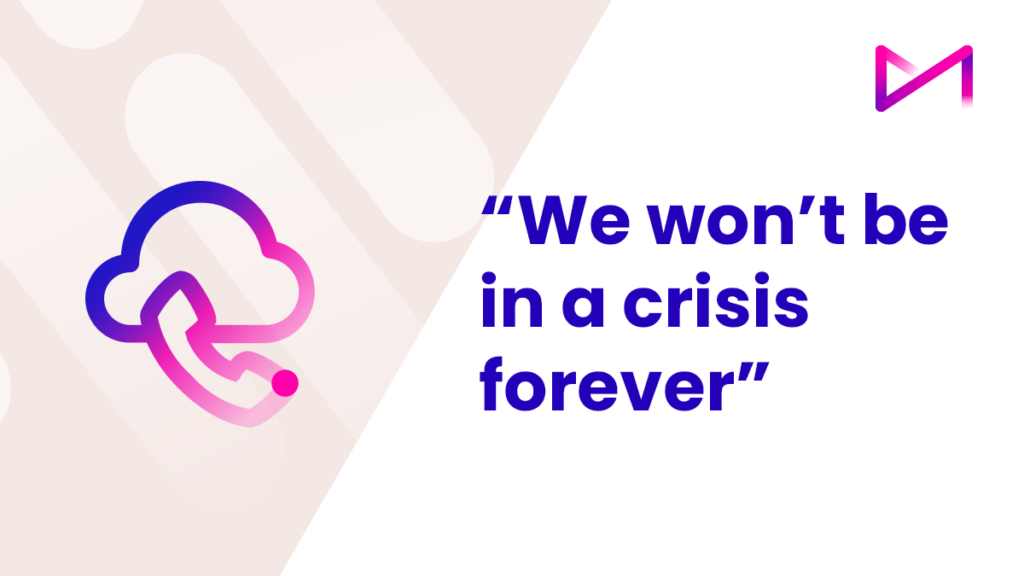
Thankfully, the pandemic is over but life hasn’t exactly gone back to normal. Many companies are still offering flexible, work-from-home call centre agent roles.
So why struggle on with inflexible on-premise software? It’s widely accepted that cloud dialler software make it easier to equip remote workers.. Companies that continue to offer hybrid working as standard (when working time is split between home and office) will have a recruitment and retention advantage.
Quite simply, the best agents will favour businesses that give them more flexibility over where and when they work. Cloud dialler software makes that easier because your team can work from anywhere, without compromising functionality or quality.
Objection 2: “We can’t afford ongoing cloud fees”
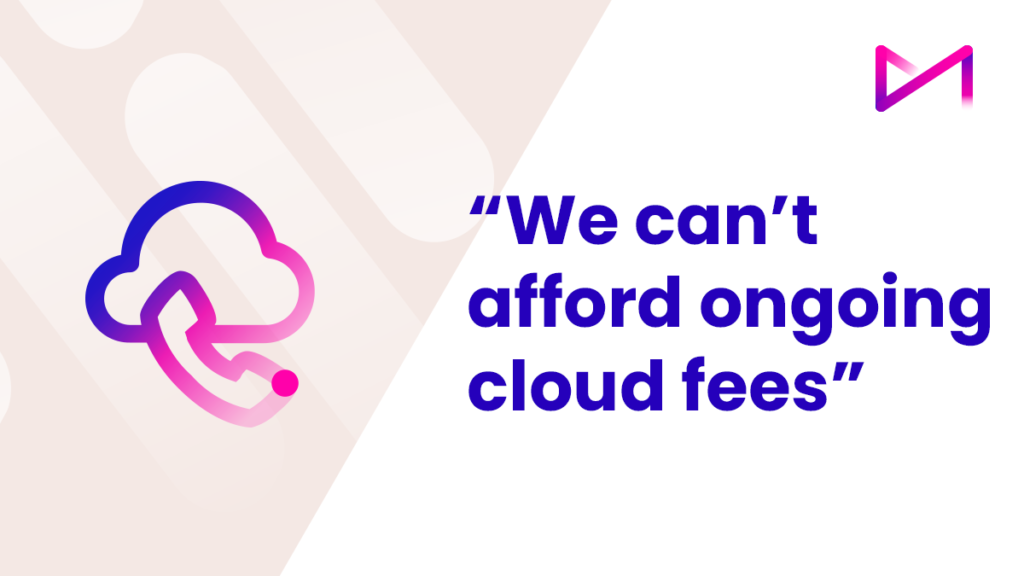
Many leaders and Financial Directors like the one-off fee of traditional contact centre solutions. You buy it, and you own it. Whereas a cloud dialler license is essentially a rental agreement that has to be renewed every month.
But does that make cloud dialler software more expensive? No. Here’s three reasons why:
- There are no upfront costs beyond handsets (or you can use softphones or BYOD for free) and no ongoing maintenance fees.
- Updating and upgrading is handled remotely by your provider, freeing up IT staff time for more productive tasks. You don’t have the hardware refresh cycle of buying new hardware typically every 3-5 years.
- Plus, you never pay for capacity you can’t use.
Get built-in security, high-availability and infinite scalability with cloud-based solutions.
This last point is important. With a cloud dialler, you can scale up your requirements with a couple of clicks. You can scale down again just as easily. You never have to invest in spare capacity ‘just in case’.
It’s the same with features and functionality. When you buy a desktop software solution, it’s essentially static. When a new upgraded version comes out, you have to invest all over again.
With cloud, your license fee covers updates, upgrades and new functionality – you get built-in security, high-availability and infinite scalability.
At MaxContact, we drive a continual cycle of innovation, and new features are pushed out to customers automatically (you can choose whether you want to use them or not).
We could go on, but suffice to say, that when you take all this together, cloud is both more agile and more cost-effective than on-premise equivalents.
Objection 3: “We love the contact centre features we have”
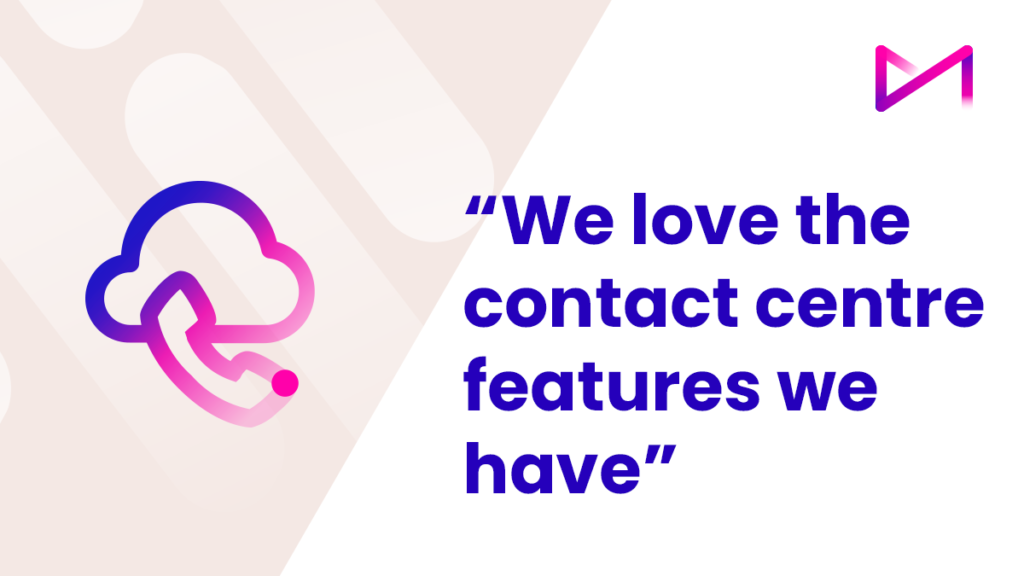
We get it. Your current set-up comes with a host of productivity-enhancing features and a predictive dialler that means your agents spend more time talking to customers and less time on unanswered calls. It’s a lot to give up.
Well, it would be if cloud-based alternatives couldn’t do better.
As we mentioned above, the beauty of cloud is that it allows for continual innovation, and that includes regular data-driven tweaks to performance algorithms. In our case, that’s made for a predictive dialler which performs far better than industry standards.
Let’s put it this way. Most diallers (on-premise and cloud) advertise a 300% uplift over manual dial. We set the bar higher, aiming for that level of uplift not just over manual dial but over other diallers too. Our outbound solution also manages itself over the course of a day, automatically optimising performance while you get on with other tasks.
With cloud, you don’t just get all the normal dialler features. You get new features as soon as they’re available.
With SaaS, customers benefit from 10 times more updates in a year than onsite dialling solutions – which normally offer an upgrade every six months.
And of course, you get full compliance, which in MaxContact’s case also means built-in proprietary features that reduce the chance of dropped calls.
We get it. Your current set-up comes with a host of productivity-enhancing features and a predictive dialler that means your agents spend ore updates in a year than onsite dialling solutions – which normally offer an upgrade every six months.
And of course, you get full compliance, which in MaxContact’s case also means built-in proprietary features that reduce the chance of dropped calls.
Objection 4: “Cloud is a security risk”
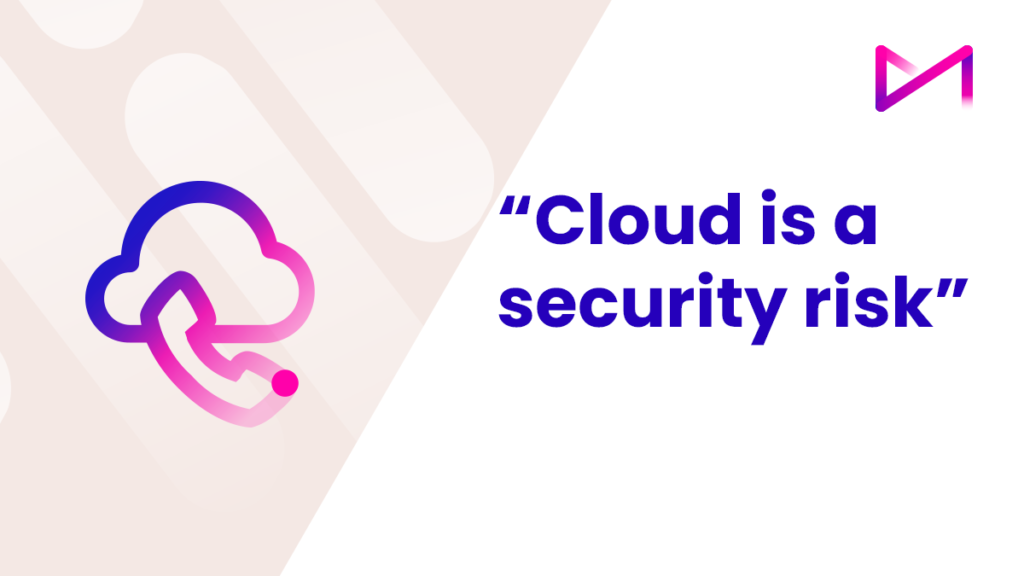
All SaaS creators have faced this objection at one time or another, and it’s probably the biggest leap of faith contact centre managers have to make. You’re dealing with sensitive data. Any breach could threaten your reputation, your revenue and your future, so you’re right to be wary.
But in 2023, the best way to protect your data is in the cloud. Don’t just take our word for it. In the most recent KPMG/Oracle Cloud Threat Report, three-quarters of IT and cybersecurity professionals felt the cloud was more secure than their own data centre.
How does security pan out with cloud contact centre solutions? Well, our services are hosted on the Microsoft Azure public cloud, which is backed by Microsoft’s huge security investment and the latest global security standards. By working with Azure, our solution is automatically protected by regular intrusion detection monitoring, penetration testing and virus scanning.
Security is also at the core of our software development. We rigorously test everything ourselves, and then we employ third-party experts to test everything again – and again. The upshot is a highly secure solution on a highly secure network.
Learn about our built-in security & compliance >
Ready to adopt a cloud-based dialler solution?
We’ve covered four objections we hear every day about migrating to a cloud-based solution including the changing work environment, fees, feeling comfortable with your existing features, and security and compliance. It is clear that the latest cloud software overcomes all of these and allows contact centre managers to enjoy efficiency, productivity, enhanced security and cost benefits.
Want to find out more about moving to a cloud-based solution in your contact centre? Book a demo today.
